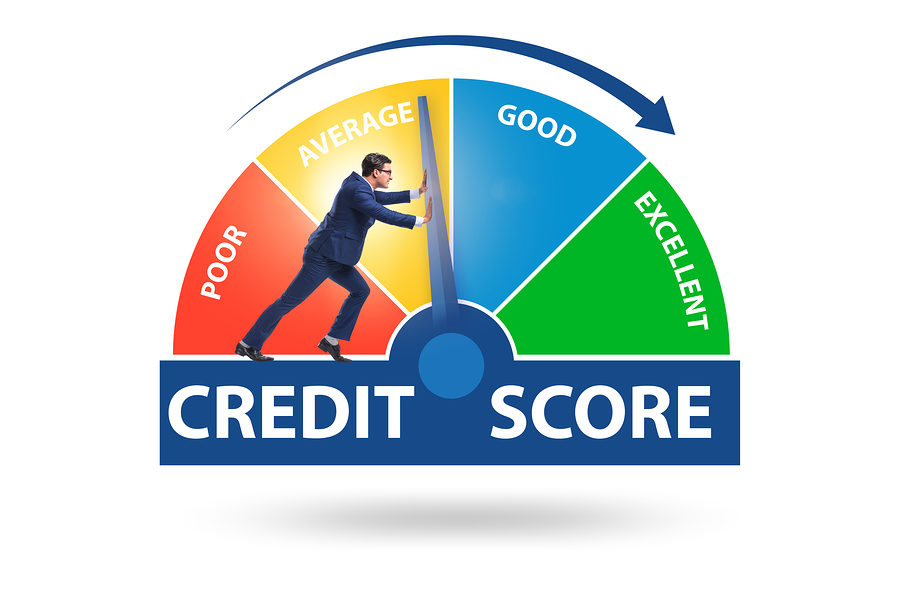A collection case will almost certainly damage a consumer’s credit score, which is why so many people attempt to avoid collections at all costs. The goal is to settle the matter as soon as possible to fix the damage done. But paying off an account in collections does not necessarily mean that the consumer’s credit score will immediately improve.
A collection account shows up as an entry on a consumer’s credit report. Essentially, the collection shows anyone who checks a consumer’s credit report before offering any type of lending that the consumer defaulted on a previous liability. Many times, a collection account will start once the original creditor sells the debt to a third-party debt collection agency or to a debt buyer.
Collection accounts are reported regularly to credit reporting agencies, and once they are reported, they will normally stay on a person’s credit report for up to seven years from the date the debt was first reported as delinquent. After seven years, the account will fall off the person’s credit score. A collections account can be influential if a potential lender is looking into whether a consumer is considered to be a lending risk. In fact, collections on a person’s credit score can influence approximately 35 percent of a person’s FICO Score. Certain lenders, such as Fannie Mae have policies in place that require the consumer pay off any outstanding debt before they will lend to him or her.
Some of the newer credit reporting models, including FICO 9 and VantageScore 3.0 and 4.0, will completely ignore collections that have a zero balance. The older credit score models do not ignore collections that are paid in full. This difference is important to know because it matters which credit score model the potential lender uses. Many of the mortgage lenders still use the older versions of credit scoring models, which means if the consumer is looking to obtain a mortgage, paying off a collections account may or may not help him or her in obtaining this loan.
It is beneficial to check on the consumer’s credit score to see how the collections affects the person’s score. Experian, one of the three major credit reporting agencies, uses the FICO 8 version. This version does not ignore paid collections when calculating a consumer’s score.
It is possible to have collection accounts removed from a consumer’s credit report. While collection accounts can stay on a person’s credit report for up to seven years, this fact does not mean that the debt collector or credit reporting agency cannot remove the collection account before then, if requested.
Collection accounts can be removed upon request if incorrect information is reported. If incorrect information is found, consumers have the right to dispute that item. The consumer will need to file a formal request with the credit bureau to have that removed or have the incorrect information removed. If the collection account and information is correct, the consumer can add information to the report explaining the situation behind the collection. This statement is capped at 100-200 words. It may help mitigate the damage. Many times, if the collection is old and close to being removed from the person’s credit report, a potential lender will keep that fact in mind. If five years have passed with no additional collection cases, the lender may not see the consumer as much of a risk.
Certain behavior can also help reduce the affect the collection account will have on a consumer’s credit report. If the consumer can show consistent behavior, demonstrating that he or she can pay bills on time and not go into default, this will also reflect on the person’s credit report. Keeping credit card debt low can also help boost the score.
It is always recommended that consumers check their credit report on an annual basis. The three major credit reporting agencies all offer free credit reports annually. Experian also allows consumers to check their credit report for free every 30 days. Be proactive in checking what is on the credit report so that any inaccuracies or mistakes can be fixed sooner rather than later.
Please click here to read more.
If you have questions on this topic or are in financial crisis and considering filing for bankruptcy, contact an experienced Miami bankruptcy attorney who can advise you of all of your options. As an experienced CPA as well as a proven bankruptcy lawyer, Timothy Kingcade knows how to help clients take full advantage of the bankruptcy laws to protect their assets and get successful results. Since 1996 Kingcade Garcia McMaken has been helping people from all walks of life build a better tomorrow. Our attorneys’ help thousands of people every year take advantage of their rights under bankruptcy protection to restart, rebuild and recover. The day you hire our firm, we will contact your creditors to stop the harassment. You can also find useful consumer information on the Kingcade Garcia McMaken website at www.miamibankruptcy.com.

